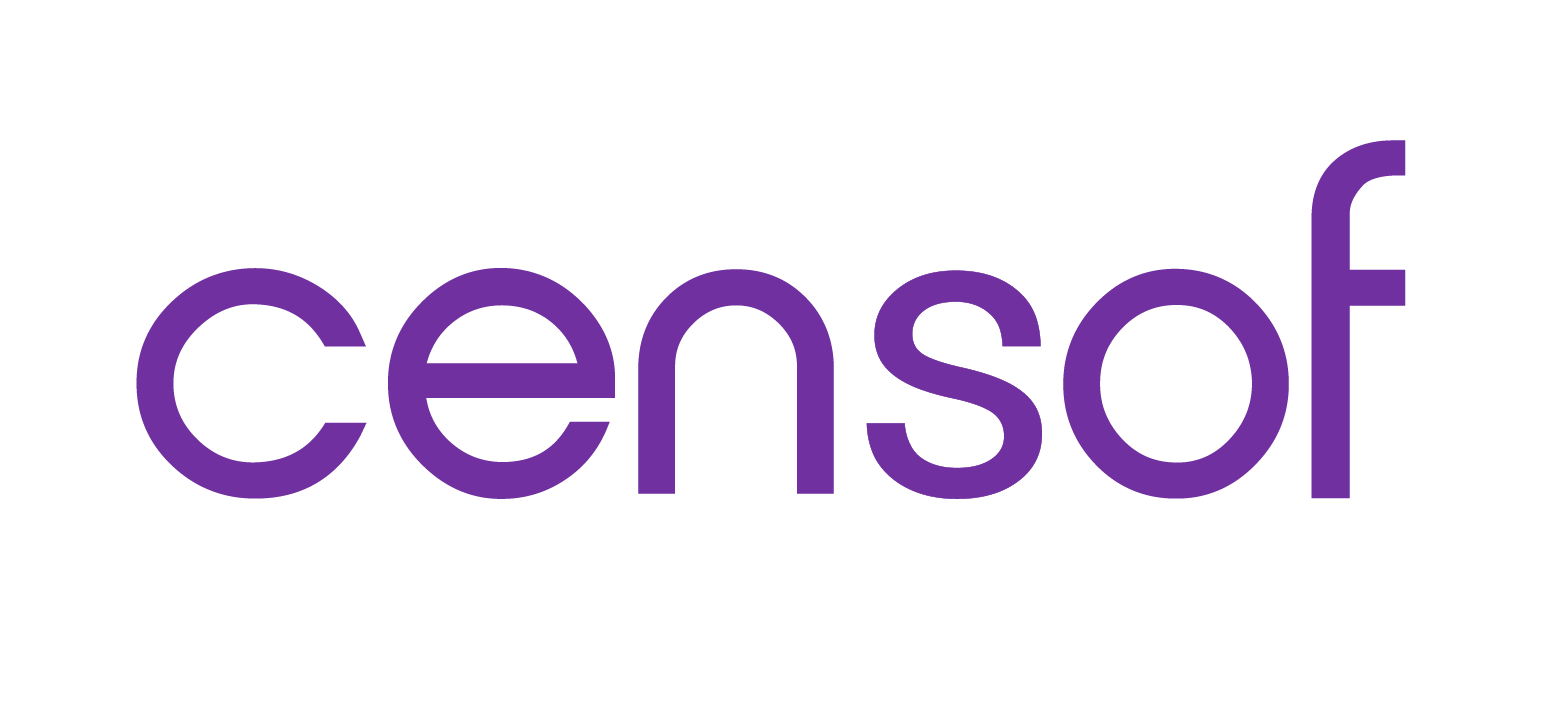
Kuala Lumpur, March 22nd, 2019 – Some local and foreign technology service companies are collaborating with each other to enable small and medium enterprises (SME) in Malaysia to transform their traditional manufacturing sites into smart factories.
Knowledgecom Sdn Bhd (KCom) Chief Executive Officer ST Rubaneswaran said the adoption of factory automation would ultimately enable companies to maximise resources and produce higher-quality goods more efficiently.
“Now, it seems possible for Malaysian manufacturing industries adopting the internet of things, wearable technologies, robotics, artificial intelligence and some of the other technologies implemented to transform traditional factories into smart ones.
“We will map the journey every step towards digitization,” he said at the signing ceremony of MoU between KCom and other nine technology service companies.
KCom signed a memorandum of understanding with YGL Convergence Sdn Bhd, Monitor ERP Sdn Bhd, Ingram Micro, Solara Systems, Cognitive Consulting, Fast Track Sdn Bhd, Lava Protocols Sdn Bhd, SysArmy Sdn Bhd and Century Software (M) Sdn. Bhd.
Rubaneswaran said the partnership is the first of its kind in the country and will be a game changer to empower Malaysia as a leader in digital economy in Southeast Asia.
He said the cost to automate a factory is between RM200,000 to RM500,000, depending on the size of the factory.
“If local manufacturers don’t adopt the fourth industrial revolution (IR 4.0), they will lose out on market share. Based on our survey, smart factories can enable the Malaysian manufacturing industry to immediately increase their return on investment in overall productivity within six-12 months.
“Smart factories can also reduce capital and inventory costs compared with traditional factories,” he said.
Rubaneswaran said in total, stockholding and overhead cost saved can be as much as RM500,000 and that could easily cover the installation of smart factory technology.
“According to a KCom’s study, 85 per cent of more than 2,000 manufacturers in Malaysia are expected to see cost reductions and revenue gains from digitisation efforts in the next five years,” he said.

